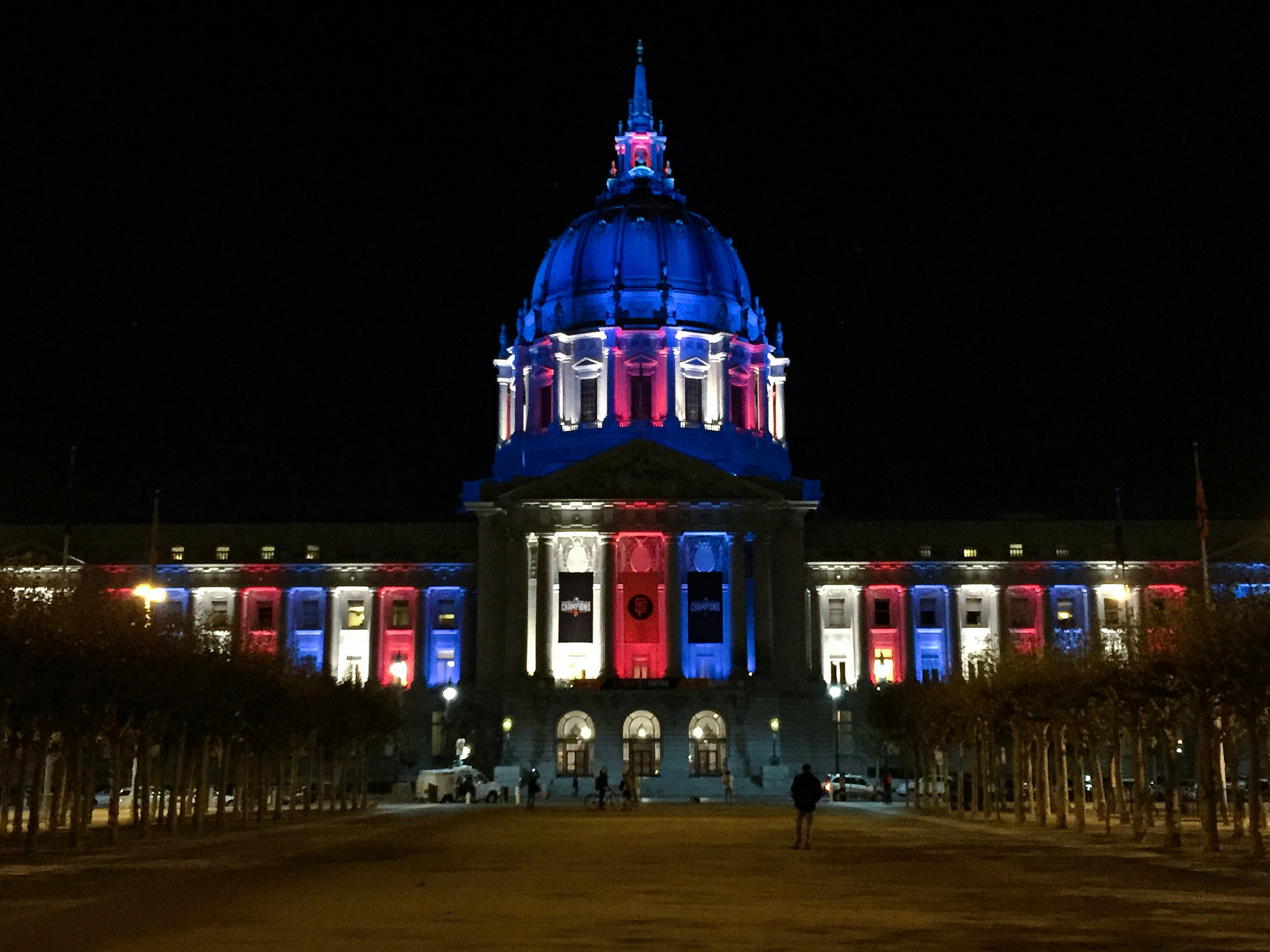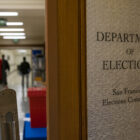A measure to raise the city’s sales tax to 9.25 percent qualified for the November ballot on Friday.
An increase of three-quarters of a cent was proposed by Mayor Ed Lee and supervisors Mark Farrell and Scott Wiener, and approved by the Board of Supervisors last month. The current rate of 8.75 percent is to drop to 8.5 percent on Dec. 31, when a quarter-cent state levy will expire.
A simple majority of voters must approve the measure, one of 25 propositions that will be on the ballot. The mayor and the board said the extra revenue would go toward transportation and homeless services.
The city’s 2016-2017 and 2017-2018 budgets are already counting on the additional funding, projected at about $150 million a year.
The Board of Supervisors final vote was 8-3, with supervisors Jane Kim, Aaron Peskin and Norman Yee opposed. The mayor signed the ordinance Aug. 1 with the budget.
Lee said a “significant increase in funding for services for homeless residents and families” was made possible by “a consensus process to move forward with a sales tax increase on the November ballot.”
Peskin questioned the wisdom of balancing budgets with money that voters had not yet approved.
“I cannot support the budget being balanced with a regressive tax,” he said at the July 19 meeting of the Board of Supervisors. “Quite frankly, I don’t think it’s good fiscal policy to bake into the budget revenue that the voters haven’t even voted on.”
Sales taxes are among the most regressive, because they disproportionately hit poorer residents.
Ted Egan, San Francisco’s Chief Economist, projected in July that the tax increase would cause consumer spending to drop by $150 million to $155 million beginning in 2017. But that would be offset by roughly equal tax revenue to City Hall, which could then spend that money on public sector employees and contractors.
The tax would result in “the loss of between 430 and 480 private sector jobs, but a gain of approximately 580 jobs in the public sector,” Egan wrote. Furthermore, that public investment would cause positive indirect, “multiplier effects” throughout the local economy.
If voters raise the sales tax, San Francisco would still not have the highest levy in the Bay Area, according to the state Board of Equalization.
Just across the border, South San Francisco’s stands at 9.5 percent.
Alameda County has the highest county sales tax at 9.5 percent, which is in effect in Oakland, Berkeley and Alameda. But four other cities — Albany, Hayward, San Leandro and Union City — boosted local rates to 10 percent last year.
In Contra Costa County, the rate is 8.5 percent, but several cities have higher taxes: 10 percent in El Cerrito, and 9.5 percent in Richmond, Pinole and Moraga.
Down in Los Angeles, city shoppers pay 9 percent but between 9.5 percent and 10 percent in several cities in the county.








